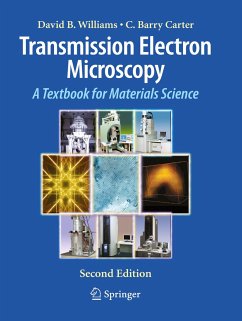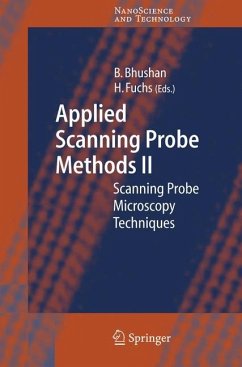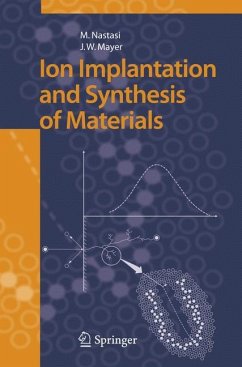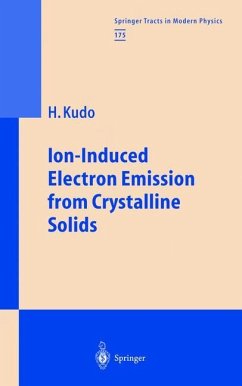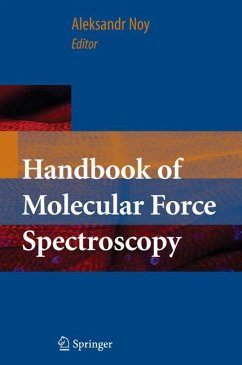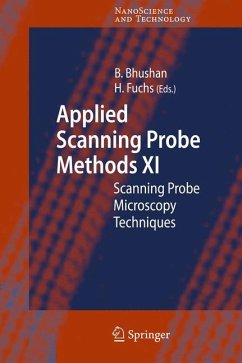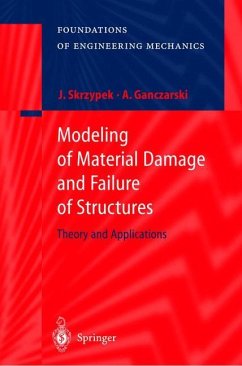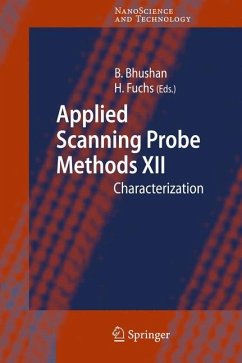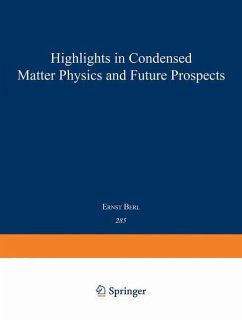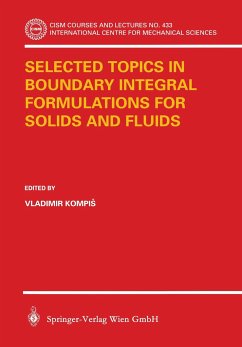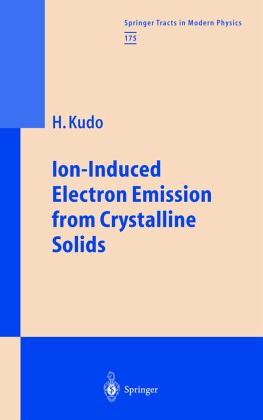
Ion-Induced Electron Emission from Crystalline Solids
Versandkostenfrei!
Versandfertig in 1-2 Wochen
115,99 €
inkl. MwSt.
Weitere Ausgaben:

PAYBACK Punkte
58 °P sammeln!
This monograph deals with ion induced electron emission from crystalline solids bombarded by fast ions. During the past decade, electron spectroscopy combined with the ion channeling technique has revealed various "messages" about ion solid and electron solid interactions carried by the emitted elec trons. While the ion induced electrons produced by binary encounter pro cesses are of primary interest in this book, closely related topics such as the emission of ion induced Auger electrons from crystal targets are also reviewed, with emphasis on their interdisciplinary aspects, for example, thei...
This monograph deals with ion induced electron emission from crystalline solids bombarded by fast ions. During the past decade, electron spectroscopy combined with the ion channeling technique has revealed various "messages" about ion solid and electron solid interactions carried by the emitted elec trons. While the ion induced electrons produced by binary encounter pro cesses are of primary interest in this book, closely related topics such as the emission of ion induced Auger electrons from crystal targets are also reviewed, with emphasis on their interdisciplinary aspects, for example, their relation to photoelectron diffraction. In addition to these topics, the book describes the underlying physics and experimental techniques so that it should provide useful information for students and scientists working in ion beam based re search and development in various areas of atomic and solid state physics, materials science, surface science, etc. I am much indebted to the gererations of students who have passed through my laboratory, since they have stimulated me with elementary but essential questions in various phases of the studies. I am also grateful to T. Azuma, Y. Kido, K. Kimura, H. Naramoto, and S. Seki for critical reading of the manuscript. Tsukuba, August 2001 Hiroshi Kudo Contents Introduction . . . . . . . . . . . . . . . . . . . . . . . . . . . . . . . . . . . . . . . . . . . . . . 1 1o Terminology and Table of Symbols . . . . . . . . . . . . . . . . . . . . . . . 5 2. 2. 1 Notes on Terminology . . . . . . . . . . . . . . . . . . . . . . . . . . . . . . . . . . . 5 2. 2 Frequently Used Symbols . . . . . . . . . . . . . . . . . . . . . . . . . . . . . . . . 6 3. Binary Encounter Electron Emission . . . . . . . . . . . . . . . . . . . . . . 7 3. 1 Ion ElectronElastic Collisions . . . . . . . . . . . . . . . . . . . . . . . . . . . 7 3. 2 Recoil Cross Section of Orbital Electrons . . . . . . . . . . . . . . . . . .





